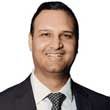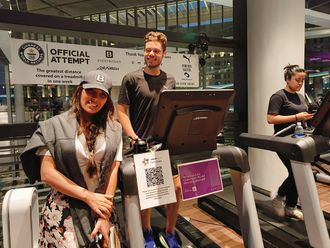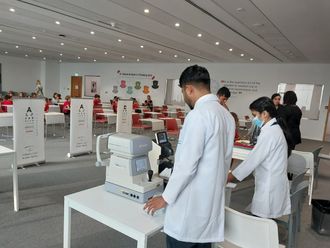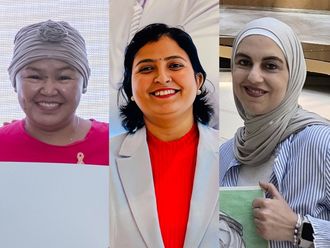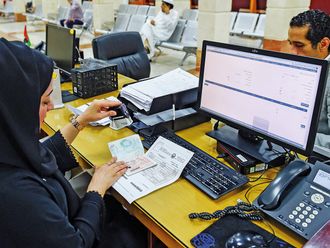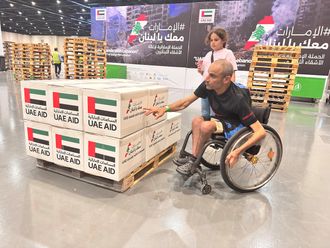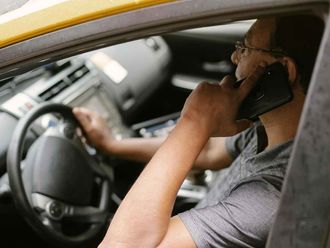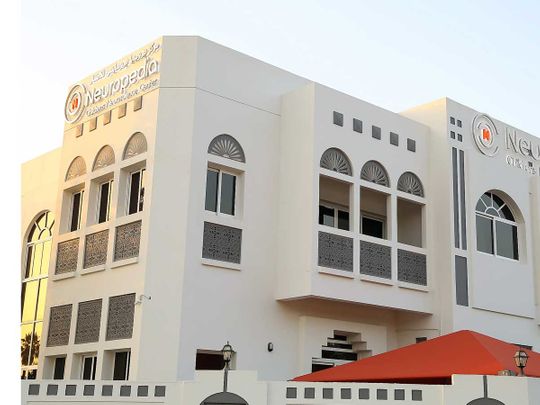
In conversation with Dr Arif Khan, Consultant, Paediatric Neurologist, Founder and CEO
What are some of the emerging trends and advances in diagnostic and treatment of pediatric neurology that can help people lead better lives?
Paediatric Neurology is a relatively new branch of medicine. There has been a tremendous growth and advances in technology in this area in the last three decades. This includes new concepts of brain developmental neurobiology, and advances in diagnostic testing, neuroimaging, genetic testing and molecular biology.
In the field of epilepsy, our understanding of the molecular mechanism of epilepsy has improved, enabling us to develop newer anti-epileptic medications targeted to address specific neurochemical defects in brain.
Alternative forms of treatments like ketogenic diets, vagal nerve stimulators and newer surgical options are now available to counter difficult-to-treat epilepsies.
With advances in the field of genetics, we can now identify genetic loci for some inherited metabolic disturbances, idiopathic epilepsies and neuromuscular disorders. This has helped clinicians diagnose these rare conditions promptly and initiate treatment at the earliest. In the field of neuromuscular medicine, we have been able to utilise gene manipulation, gene transfer using viral vectors, and gene repair technology to develop some revolutionary drugs. These medications are now available for clinical use in conditions such as spinal muscular atrophy, Duchenne muscular dystrophy and other metabolic conditions.
Could you share details on the latest technologies and therapies you have introduced at Neuropedia to improve treatment outcome?
In paediatric neuroscience, it is the clinical expertise that determines the outcome in children rather than new technology. That said, new technology and new therapeutic options help improve the outcomes in children, if used judiciously. At Neuropedia, we have the most advanced electroencephalography equipment to carry out standard EEGs, sleep EEGs and 24-hour ambulatory EEG monitoring in children. We have started offering a new concept in brain training programme, called Brain Rx, for children with ADHD and cognitive difficulties. With the help of our international partners, we carry out the latest and most advanced genetic testing for diagnostic purposes. We are probably the only clinic in the private sector that offers a ketogenic diet programme for epilepsy treatment.
What is Neuropedia’s long term goal and how do you plan to achieve it?
Moving ahead, our focus on growing and developing Neuropedia goes hand in hand with Dubai Health Authority’s five year plan on improving mental health and rehabilitation. At Neuropedia, we believe that our vision of expansion and growth stands for a wider sense of acceptance in a world where neurological illnesses are not shrouded in legends and myths. These conditions should rather be diagnosed and treated promptly in an evidence-based manner. In five years, we are looking at consolidating Neuropedia’s position, making it the destination for all pediatric neuroscience-related consultations and services in the region.
We have started organising awareness activities in communities, schools and nurseries, and are focusing on developing an academic and research wing within the organisation.
In conversation with Dr Aman PS Sohal, Consultant Paediatric Neurologist, Founding Partner and Clinical Director
Could you tell us about the treatments and services you offer at Neuropedia?
Neuropedia is a truly comprehensive paediatric neurosciences centre where a highly committed, specialist staff works towards a common goal to provide high quality treatment to children. We strongly advocate a child and family centered approach in managing complex neurological, developmental and neuro-behavioural disorders. We pride ourselves in providing outcome-based comprehensive neurological services under one roof, improving the quality of life of children and giving them a chance to reach their maximum potential. Common services provided at Neuropedia include child neurology, neurophysiology (EEG, nerve conduction study etc), neurodevelopment assessments, child psychology, physiotherapy, occupational therapy, speech therapy and applied behavioural therapy.
What steps have you taken to connect with the community and raise more awareness on neurological disorders?
At Neuropedia, we work on a Hub-and-Spoke model of care, wherein Neuropedia remains the hub and provides outreach services to the community. We understand that it is important to raise awareness and provide neurological services in the community; therefore, we have multiple programmes in schools to assist children.
Unity Class Adapted Curriculum Therapy Programme is one such programme which runs at GEMS Metropole school, Dubai that aims to provide an educational and therapeutic environment for young children, who require alternative curriculum pathways and/or require support in school readiness development. The ultimate goal is to either assist children in graduating from the adapted education classroom and transition into the inclusive class, or continue with the alternative curriculum pathway stream throughout the school.




